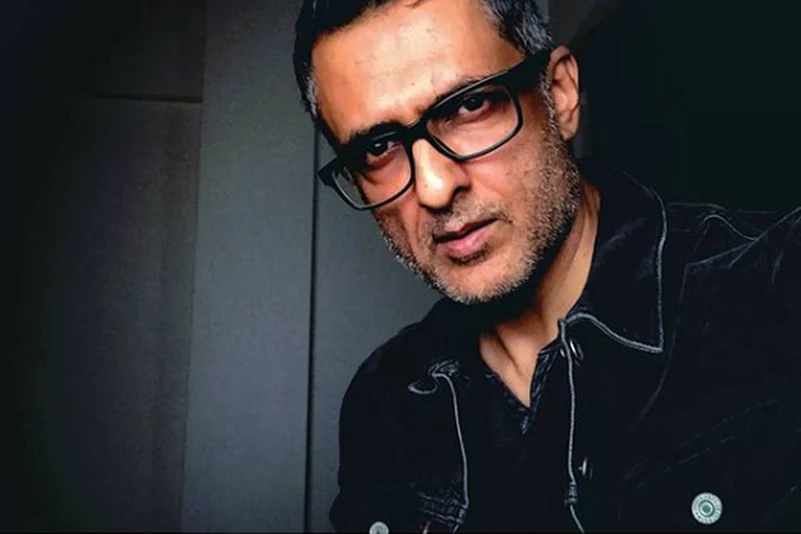‘We Are’ comprises four LGBTQ-themed stories from different corners of the South Asian subcontinent. In an exclusive interview with Outlook’s Lachmi Deb Roy, actor and co-producer of ‘We Are’, Sanjay Suri mentions how the film is about human rights and identity. Excerpts:
We all loved “I Am” and now “We Are”? How different is “We Are” going to be from “I Am” in terms of the story and the treatment?
Like “I Am”, “We Are” is a film about human rights and identity. The characters are not the same, it’s only a sequel in terms of the spirit but set in the same four corners of the country like “I Am”. It’s different as these stories are stories of queer lives and romance, a film of hope and love. It’s also a tribute to the Supreme Court’s reading down of IPC 377.
Advertisement
Have you all decided on the cast?
No, we haven’t as yet.
You have done quite a few films based on the LGBTQ community. Do you make a conscious effort to be a part of these films?
I don’t compartmentalise films like hetro community films or LGBT community films. For me it’s a story and if it's a story that I feel that needs to be told and can be a part of cinematic expression then the decision is easy. “My Brother Nikhil” or “I Am” for me were films about love, basic human rights to be able to live with dignity, respect and acceptance. So, there is no conscious effort in choosing stories but these are stories that stay with you in your heart and in your subconscious mind.
Advertisement
What are the struggles one has to go through when doing films on such themes especially when it comes to distribution?
Distribution is another world altogether. While making a film at the end of the day is connected to the art one wishes to create something that is memorable, but in distribution that memory is about numbers. The film needs to make money to justify its presence. As the ecosystem of film distribution, marketing, the exhibition is not even designed for Indie films so the struggle for themes and stories exploring a world of LGBT lives is far tougher. However, I am grateful that we managed to release all our films with likeminded people in distribution and exhibition. People may or may not support subjects, but they do support your vision and value your consistency.
What are the other projects that you are working on?
Well, right now, besides being busy acting there is a lot of writing happening. Some films and series are in development.




















